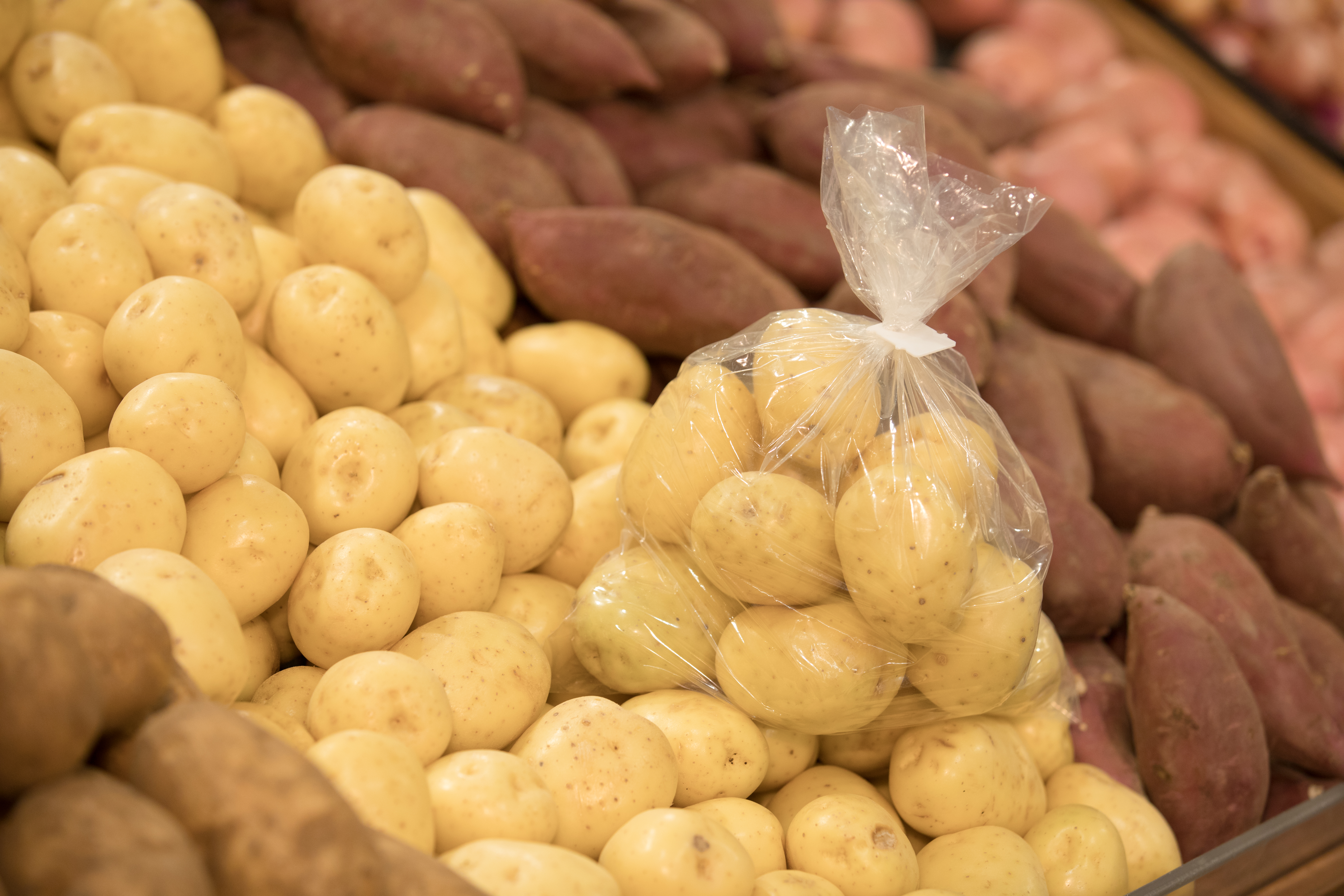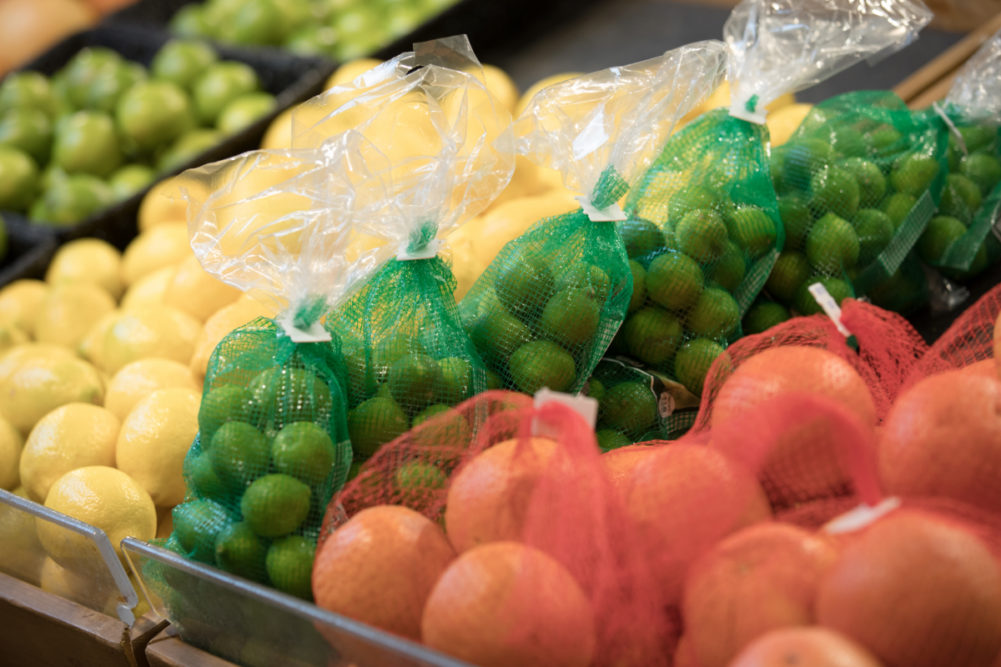While consumer interest and value in sustainability continues to rise, it’s more important than ever that companies across the food and grocery industry work together to ensure their sustainability efforts align and provide customers with transparency and insight.
With varied rules and regulations associated with recycling on city, state and national levels, companies can play a big part in pushing the conversation around recycling and compostability regulations to build a better infrastructure to meet effective sustainability goals.
“I’m seeing more and more companies putting a symbol on their packaging and trying to clear up what to do with the package for the consumer, but on the larger scale, we as a country are challenged,” said Ed Treacy, vice president of supply chain and sustainability for the Newark, Del.-based Produce Marketing Association. “We cannot recycle everything that people put into their blue bins and put at their curb. We don’t have the infrastructure like other countries in Europe and other parts of the world.”
To help fix that issue, Treacy suggested that grocery retailers work together to ensure that their own sustainability efforts and infrastructure works with their local, regional and federal guidelines. He also suggested that retailers work to educate consumers about recyclability and sustainability efforts of products.
Treacy emphasized the importance that retailers of all shapes and sizes work in tandem to avoid the risk of one grocer’s sustainability efforts working against what another retailer is doing.
“Retailers need to get the conversation going and make it a non-competitive initiative so that everyone is marching in the same direction to develop programs and materials,” Treacy said. “It only helps if we can move the entire industry in the right direction.”
Supermarket retailers have a special opportunity to help initiate conversation in two directions: continuing the conversation with consumers and evolving the conversation with their suppliers.
On the consumer side, retailers can help customers better understand how certain products are sustainably produced with in-store signage or QR codes that lead to more information. Grocers can also educate consumers about what the recycling symbols and claims on each product mean, and the best way to go about recycling the item.
Retailers themselves can also run recycling programs to help consumers recycle packaging they can’t recycle in their own homes. Kroger, for example, offers customers the opportunity to return flexible packaging such as plastic overwrap, bread bags, produce bags, clean sandwich bags plastic grocery bags, and more to bins at Kroger locations. Everything is then sent to be made into composite decking.
On the supplier side, retailers can influence suppliers to commit to sustainability goals. McKinney Texas-based potato producer, Pro-Health, works closely with its retail customers and the company’s own suppliers to constantly explore new avenues of sustainability and update practices.

“Most of our customers have a commitment to offering sustainable packaging options for their customers,” said McKenna Larson, account representative of Pro-Health. “By working together with our customers toward a common goal we are expediting the transition and eliminating many hours of guesswork on what will be acceptable and what will not. We would encourage all grocers to get involved with their suppliers, they will want your input and your direction to reach a common goal, this is not only sustainable for them but will have the impact on our planet that we all desire.”
Retailers can also require their suppliers to meet certain standards. In April 2021, Walmart debuted a new policy that aims to source all fresh produce and flowers from suppliers that are following integrated pest management practices outlined by the company by 2025. Walmart also requires suppliers to adhere to responsible labor practices and adopt and endorse the Ethical Charter on Responsible Labor Practices.
“By adopting and endorsing the Ethical Charter, it tells your customers you’re going to treat your people fairly and justly and going to obey all the laws of the land in which you operate,” Treacy said. “
Through working with 100+ industry members in the US Plastics Pact, Yakima, Washington-based Kwik Lok has witnessed the benefits of working together to make effective sustainability goals.
“It is about building coalitions and taking on your piece of the work,” said Karen Reed, global director of marketing and communications for Kwik Lok. “It’s going to take these organizations to work together to look at sustainability not as a ‘check-the-box' endeavor, but as a values-based endeavor where you really have to get honest with yourself as a company about what the results are that you’re trying to achieve.”
For more information about sustainability and how to take collective action visit Kwik Lok’s suite of sustainability resources and learning tools here; PMA’s sustainability resources here; and Pro-Health’s practices here.


